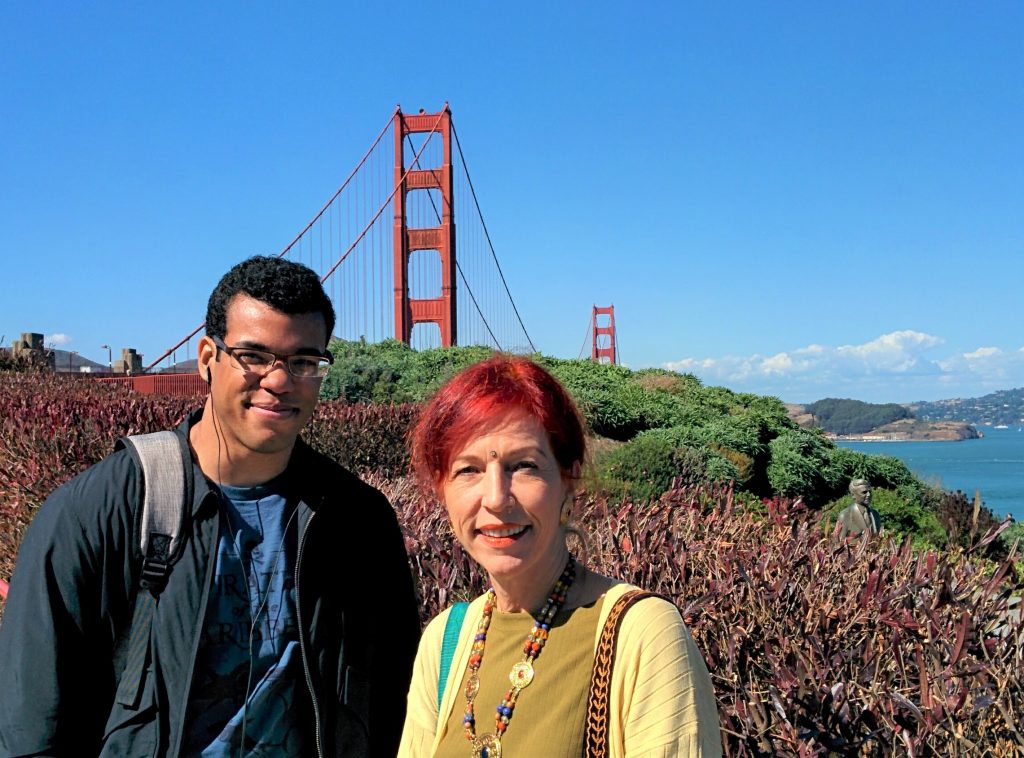We recently sat down with Visaic, a young German-American composer and part of the Utpalasia family of artists, who has recently released his newest work, “The Corruption of Princes”.

Thanks for being with us today, Visaic! We’re excited about your new track and eager to learn a bit more about your process and inspiration.
First of all, how did you start out in music?
I’ve been composing seriously for about twelve years now. I started out playing the violin in elementary school, then graduated to the piano. I was introduced to digital audio workstations (DAWs) in the 9th grade by a friend. We’d just tweak away at the stock synthesizers in FL Studio after school.
What would you consider to be the major influences that have shaped your work?
Influences… that’s a tough one. My childhood home was filled with so much beautiful art and international music and our family was constantly traveling to an endless list of exotic places – Morocco, Oman, Egypt, China and more. That early exposure to different cultures really shaped how I approached sound design or the composition of a piece. It also encouraged me to never limit myself to a particular sonic or artistic palette.
How would you describe your style and how it has changed over the years?
I would simply categorize my music as “dramatic”. Stylistically it’s very loose, though recently I have started to lean more towards a fusion of baroque with modern electronic sounds.
I think a great many people would be surprised to learn that you also do all your own cover art for the songs. It seems to be as varied and rich as your music. What drew you to combine the two?
Well, I’ve been challenged with stuttering since childhood and speaking is still something I struggle with on a daily basis. So giving my thoughts life by marrying music and art has become a natural and complementary path of expression for me. Stuttering has, in some sense, propelled the diversity in my work, both aural and visual.
What are the biggest challenges you have faced in the creation of your music?
I’ve always been something of a perfectionist. I’ve been able to tame that tendency more now than in the past, but it still bleeds into my work from time to time. For example, I struggle a lot with narrative. Every song is a story, and I want the music to create an inhabitable world for my listener; things like sound choice, mixing style, arrangement, and a dozen other things all come into play at the same time.
What do you hope to achieve with your compositions?
First and foremost my works serve to preserve my memories. Forgetting things is something I struggle with, and my music captures so much more than the thousands of photographs I have from those times. I just wish I could write faster. To me, it’s a constant race of memory vs. time.
What inspired you to compose The Corruption of Princes?
I’ve always loved Renaissance and Baroque art and how a lot of the works use religion to explain human morals and ethics. I thought it might be interesting to take that concept and translate it into a musical narrative.
Do you feel computers and digital tools have added or subtracted from the creative side of a composer’s work?
I think synthesizers and advancements in machine learning with mixing and mastering tools like Ozone have made the process of composing a lot faster. But I do feel that they’ve subtracted a certain “something” from the artist as an individual. We’re “programmers” now, not artists. It’s sad to think about, but I suppose for all intents and purposes the technology is here to stay. Might as well embrace it, right?
What can we expect from you in the future?
More music and art! The Corruption of Princes was the prologue to a much larger project which I’m hoping to have finished early next year.
Well, we wish you all the best and appreciate having had this chance to chat with you. We’re looking forward to the next exciting chapter of your work!
Learn more about Visaic at visaic.io
